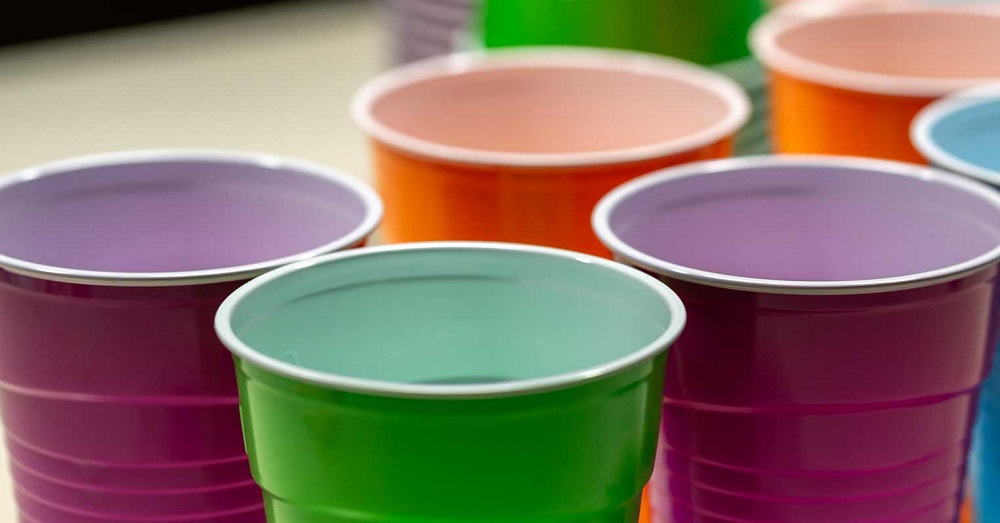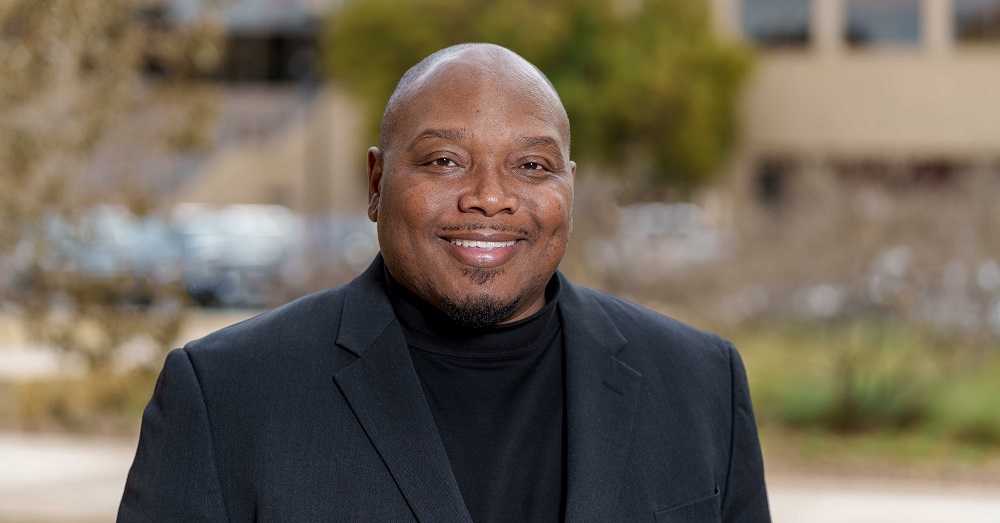The Sobering Reality of Binge Drinking Among College Students
TTUHSC Expert Shares Insights on Risks and Consequences

The National Institute on Alcohol Abuse and Alcoholism (NIAAA) recently reported 18-22 year-old college students have higher binge-drinking rates than their noncollege
peers.
Students who drink alcohol at parties at the start of the school year, especially
freshmen, may be particularly vulnerable to heavy drinking binges, according to Christopher
Townsend, Ph.D., Texas Tech University Health Sciences Center assistant professor
of Clinical Counseling and Mental Health and director of the Your Life Behavioral
Health and Wellness Clinic.
“At that age developmentally, one of the most important factors of life is to be in the popular crowd and to be accepted, be it social media or in person,” Townsend said. “So, that carries a lot of weight with our young people.”
Townsend said a student’s social environment plays a major role. “When we talk about triggers, we're talking about people, places or things that send the brain the message that it's time to use or drink,” Townsend said, using a food court analogy. “It's like walking through the mall; you're not hungry, but there’s those aromas, and all of a sudden you say, ‘I'm hungry.’”

Christopher Townsend, Ph.D.
Binge drinking is defined as five or more alcoholic drinks within two hours for men and four or more alcoholic drinks within a two-hour timeframe for women. Townsend said that in situations where alcohol is flowing freely, students may not be aware of how much they’ve had to drink and how quickly.
“Particularly in a social setting where there's a party, they’re chugging alcohol. They're having these games that they're playing,” Townsend said. “They get way more alcohol in their system than the body can metabolize in a period that it could normally do with a small amount of alcohol. So, it creates a potentially dangerous time for a young person who's overindulged in alcohol.”
According to the NIAAA, alcohol overdose occurs when there is so much alcohol in the bloodstream that areas of the brain controlling basic life-support functions begin to shut down. It can lead to brain damage and death, so getting immediate medical help is vital.
Townsend said periodic overconsumption of alcohol by students contributes to a wide
range of serious health, safety and social problems, including potential legal and
academic consequences. He said drinking like this is linked to higher risks of certain
illnesses, damage to the liver and other organs, injuries, incidents of violence,
car crashes and drunk driving arrests.
Periodic excessive drinking can become more severe as a young adult continues to engage
in that behavior. Townsend said, “It starts out with minor problems. With continued
engagement, it actually changes the brain, and the brain becomes dependent on that
activity.”
Townsend added it’s important to intervene early if binge drinking behavior becomes
a pattern. Learning the facts about risks and harmful consequences is key. That includes
knowing if your family history includes alcoholism.
Townsend recommended college students avoid potential binge drinking trigger situations. “If you really don't want to do that, and you really have to go to the party, just blend in with your own water, a Coke or whatever. And just tell everyone, ‘No, I already have a drink,’ and that will help you,” Townsend said.
Related Stories
The John Wayne Cancer Foundation Surgical Oncology Fellowship Program at Texas Tech University Health Sciences Center Announced
TTUHSC is collaborating with the John Wayne Cancer Foundation and has established the Big Cure Endowment, which supports the university’s efforts to reduce cancer incidence and increase survivability of people in rural and underserved areas.
Making Mental Health a Priority in the New Year
Sarah Mallard Wakefield, M.D., a psychiatrist with Texas Tech Physicians, talks about strategies to combat widespread and growing anxiety.
TTUHSC Dean to be Inducted into the National Academies of Practice as Distinguished Fellow
Gerard E. Carrino, Ph.D., MPH, dean of the TTUHSC Julia Jones Matthews School of Population and Public Health, will be inducted into the National Academies of Practice (NAP) as a Distinguished Fellow of the Public Health Academy.
Recent Stories
The John Wayne Cancer Foundation Surgical Oncology Fellowship Program at Texas Tech University Health Sciences Center Announced
TTUHSC is collaborating with the John Wayne Cancer Foundation and has established the Big Cure Endowment, which supports the university’s efforts to reduce cancer incidence and increase survivability of people in rural and underserved areas.
TTUHSC Receives $1 Million Gift from Amarillo National Bank to Expand and Enhance Pediatric Care in the Panhandle
TTUHSC School of Medicine leaders accepted a $1 million philanthropic gift from Amarillo National Bank on Tuesday (Feb. 10), marking a transformational investment in pediatric care for the Texas Panhandle.
Texas Tech University Health Sciences Center Permian Basin Announces Pediatric Residency Program Gift
TTUHSC Permian Basin, along with the Permian Strategic Partnership and the Scharbauer Foundation, Feb. 5 announced a gift that will fund a new pediatric residency.
